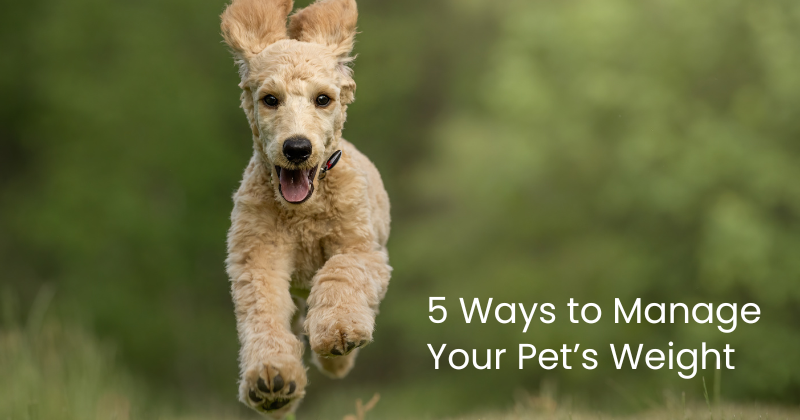
As a dog owner, you may have noticed how your dog’s eyes light up at the sight of a slice of cheese. But before you share this tasty snack with your canine friend, it's important to ask, can dogs eat cheese? Cheese can be a tempting treat for many dogs, but not all cheeses are the same, and there are potential risks that come with feeding your dog this dairy product. Let’s discuss the different types of cheese, whether it's safe for dogs to eat, and what to watch out for when offering cheese as a snack.
Cheese, in moderation, can be a safe and tasty treat for most dogs. It is rich in protein, calcium, and essential vitamins like A and B12, making it nutritionally beneficial in small amounts. Dogs who are active and don’t have issues with weight management can occasionally enjoy cheese as an addition to their treats. However, can dogs eat cheese without any problems? Not always.
Some dogs, like certain people, are lactose intolerant. This means their bodies don’t produce enough of the enzyme lactase, which breaks down lactose, the sugar found in dairy. Feeding cheese to lactose-intolerant dogs can lead to digestive upset, including diarrhea, vomiting, and bloating. For dogs that are lactose tolerant, the type and quantity of cheese are key considerations when determining whether it's a safe snack.
Not all cheeses are harmful to dogs, but it’s important to be aware of the best options when giving cheese to your pet. Let’s explore some dog-friendly cheeses:
Cottage cheese is a great choice because it contains less fat and lactose than other cheeses. It’s also high in protein and calcium, which can be beneficial for a dog’s diet. In small quantities, this cheese is easy on a dog’s stomach and is less likely to cause gastrointestinal issues. Always choose plain cottage cheese without any added salts or seasonings.
Mozzarella is less processed and doesn’t contain as much lactose as harder cheeses. The soft texture of mozzarella also makes it a suitable treat for dogs with dental issues or older pets who may struggle with chewing tougher treats.
Cheddar cheese is a popular choice for dogs. In moderation, plain cheddar is usually safe because it’s relatively low in lactose compared to soft cheeses. Its firm texture also makes it an ideal training treat, as you can easily cut it into small pieces.
While some cheeses are safe, others can pose health risks for your dog. Here's a breakdown of cheeses to avoid:
Blue cheese, including varieties like Roquefort, Gorgonzola, and Stilton, contains mold cultures that can be harmful to dogs. The substance roquefortine found in these cheeses can cause severe reactions in dogs, such as vomiting, tremors, seizures, and even death in extreme cases. It’s best to avoid blue cheeses altogether to prevent these serious health issues.
Goat cheese is generally high in fat, which can lead to weight gain and pancreatitis if consumed in excess. Moreover, it contains higher levels of lactose, which may not sit well with your dog’s digestive system. Given these factors, it’s best to avoid giving goat cheese to your dog.
Feta is a salty cheese, and excess sodium is harmful to dogs. High salt intake can lead to serious issues like sodium ion poisoning, which results in vomiting, diarrhea, lethargy, and even seizures. Feta cheese is also higher in lactose, making it a poor choice for dogs who are sensitive to dairy.
Although many dogs enjoy cheese, it’s important to be mindful of the risks. Excessive consumption of cheese can lead to several health issues, including:
If you’re considering giving cheese to your dog as an occasional treat, there are a few things to keep in mind:
The size of the portion you offer your dog is important. A small cube of cheese now and then is generally safe for most dogs, but offering large amounts regularly can lead to the health issues mentioned earlier. Limit cheese to an occasional treat rather than a regular snack.
Some cheeses contain harmful additives like onions, garlic, or chives, which are toxic to dogs. When purchasing cheese, always read the label to ensure that it doesn’t contain any seasonings or flavorings that could harm your pet.
If you’re uncertain whether cheese is a safe treat for your dog, it’s best to consult with your veterinarian. They can help you determine if cheese is appropriate for your pet’s diet based on their individual health and nutritional needs.
If you find that your dog is lactose intolerant or if you prefer to avoid cheese altogether, there are plenty of healthy alternatives you can offer as treats. Some of these options include:
These alternatives provide the same satisfaction as cheese without the added risks of lactose intolerance or high fat content.
While cheese can be a delicious treat that many dogs love, it’s important to offer it in moderation and choose the right kind. Avoid giving your dog any cheese that is high in salt, fat, or contains harmful ingredients like garlic or onions. When used sparingly, certain types of cheese like mozzarella or cottage cheese can be a healthy and enjoyable addition to your dog’s diet.
If you have questions about whether cheese is appropriate for your dog’s diet, or if you're concerned about any reactions to dairy, reach out to your veterinarian for guidance. You can contact Rockdale Animal Hospital at (770) 922-8600 or request an appointment.
